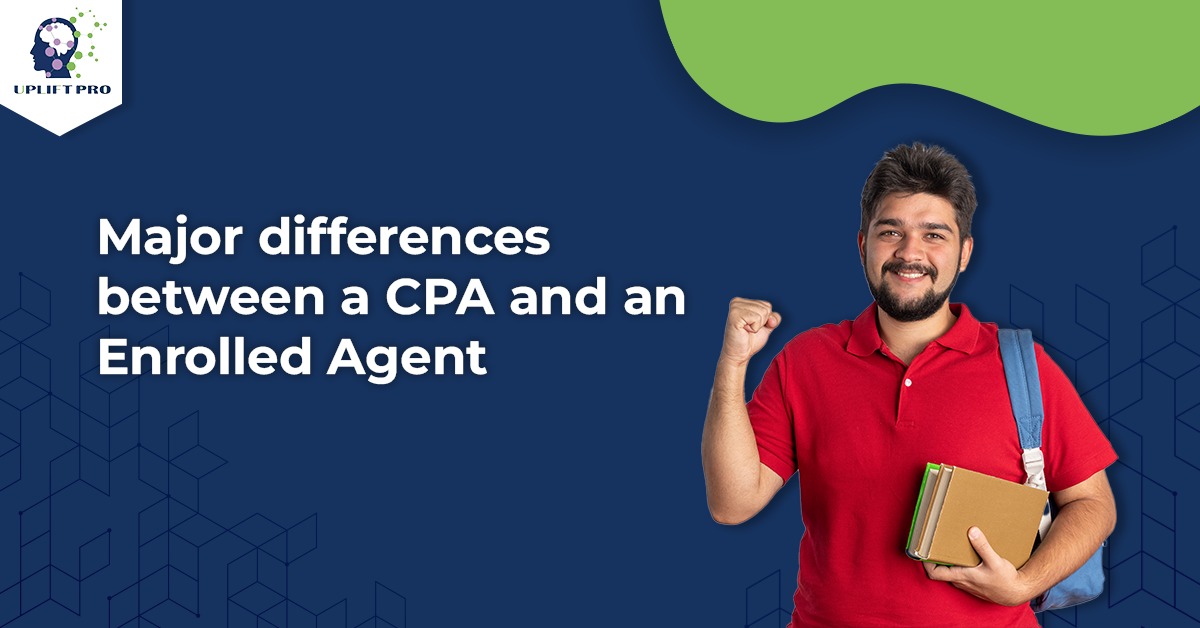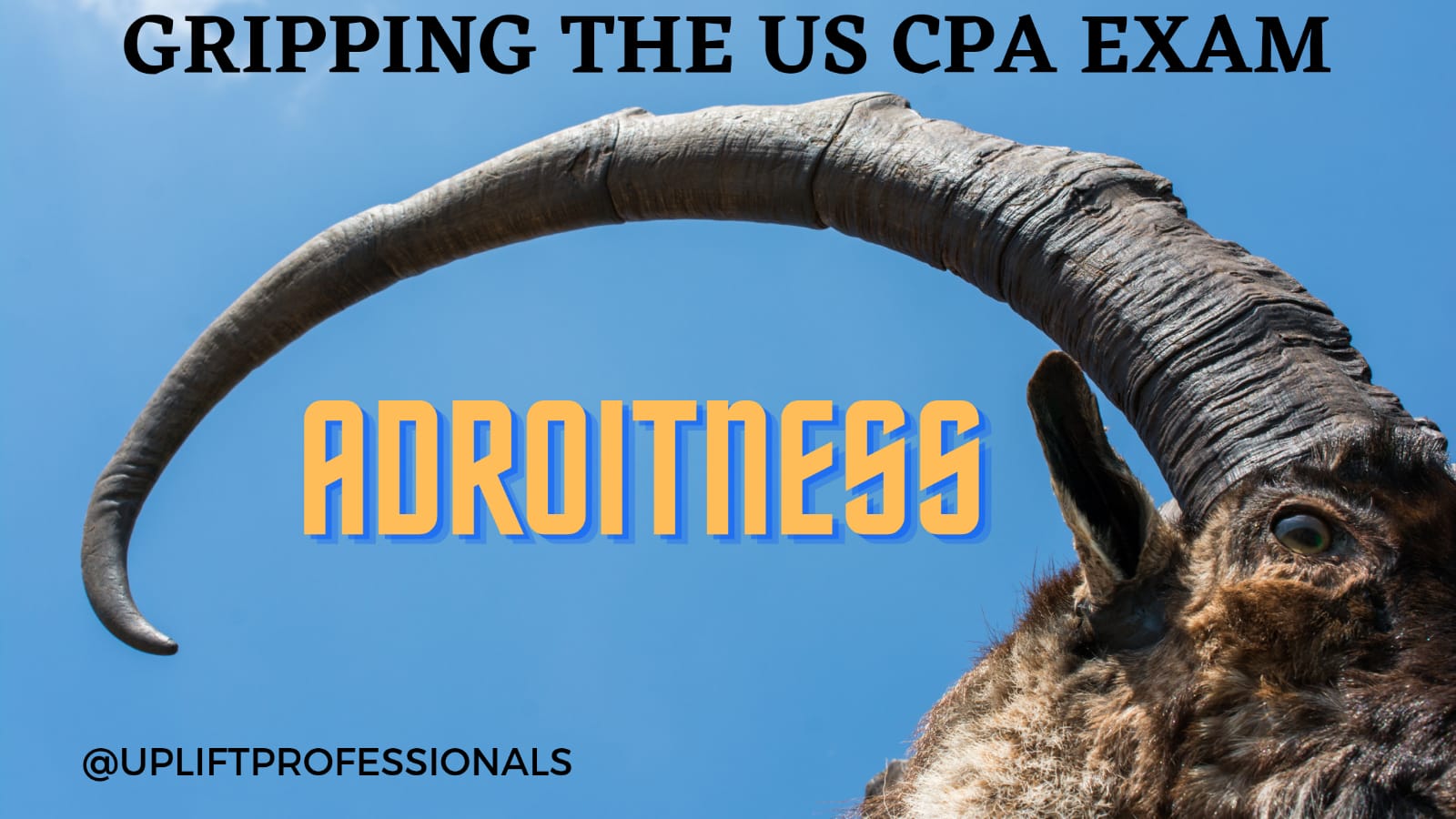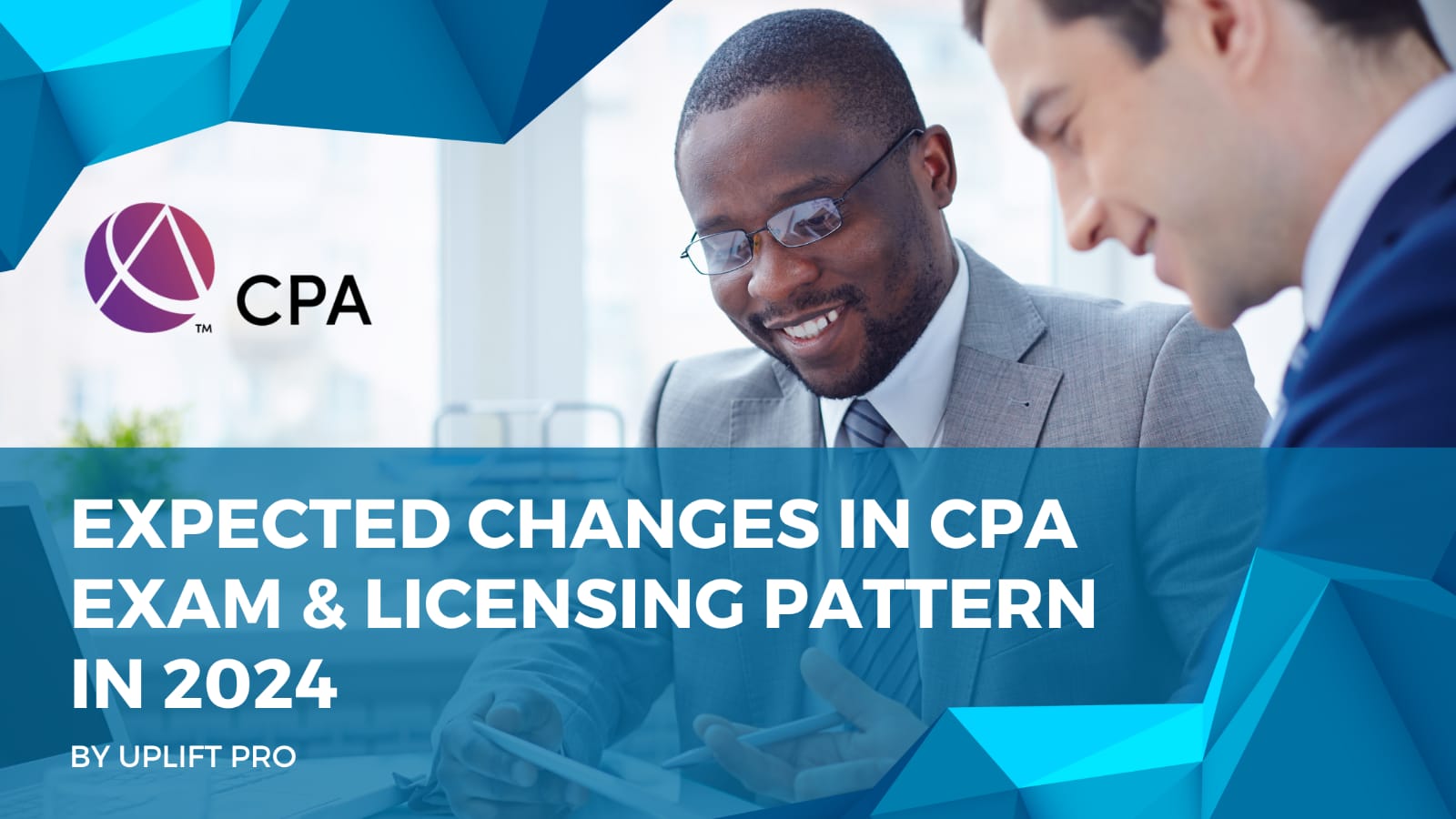Major differences between a CPA and an Enrolled Agent | Uplift Professionals
The area of taxation accounting demands a skilled professional to deal with whether for an individual or a business. When we consider such professionals, two coveted international credentials often come to our mind- a Certified Public Accountant or an Enrolled Agent (EA). Obviously, we will want to know which of them will serve the purpose […]


